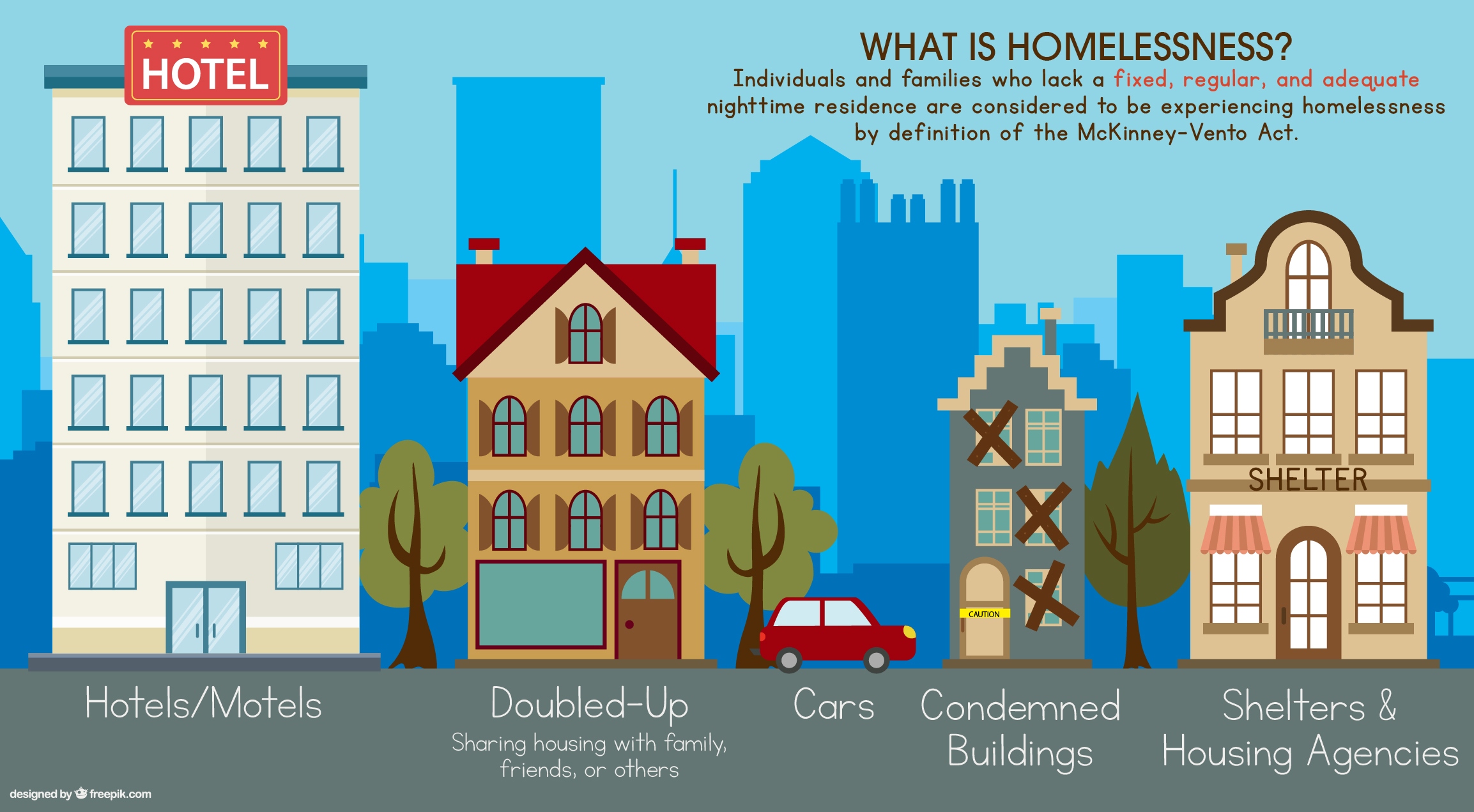Mission
We believe that through the power of a quality education, all children can thrive.
Our mission is to provide children and youth experiencing homelessness with a more equitable educational experience by partnering with students, families, and schools to eliminate the barriers caused by unstable housing. Through personalized, accessible learning, advocacy for systemic change, and the cultivation of strategic partnerships, we are committed to creating a region where youth experiencing homelessness can leverage their education to flourish as productive, empowered adults.
Values
- Accessibility
- Cultural Responsiveness
- Individualized
- Hope + Opportunity
Equity Statement
At HCEF, we believe that all people have intrinsic value, unique gifts, and deserve respect. We utilize continuous self-examination and intentional development to strengthen our commitment to diversity, equity, and inclusion to maintain the most supportive community possible for all individuals and families we serve.
What Guides Us…
- All people have intrinsic value, unique gifts, and deserve respect.
- Homelessness is a temporary condition, not an identity.
- Quality education is a civil right.
- Every community is responsible for eliminating homelessness.
- Partnerships are essential to this work. From our parents, families, and community partners, we know that we can’t do this work alone.
- System change is necessary and creates lasting solutions.
- Our students’ lived experiences are invaluable assets.
Strategic Plan Goals for 2024-2027
1. Create a seamless programming model for students and families that inspires them to reach their full potential by staying engaged and motivated in their academic pursuits.
2. Expand the concept of education alignment to include workforce development to inspire students to see the direct correlation between education and career success.
3. Leverage the collective power of stakeholders to drive systems-level change that will have a lasting impact on the lives of youth and families experiencing homelessness.
4. To ensure the future of our organization, we will create a more diverse revenue model that will enhance our financial stability and empower us to better serve our community.
5. Foster a culture of operational excellence that prioritizes and empowers a balanced staff.
In the most recent state report, Allegheny County schools identified 3,122 children and youth who were experiencing homelessness (source: PA Department of Education). We use that number as a frame of reference, but we know that there are likely more children experiencing homelessness whose status was not determined.
Many of the children and youth we serve at our partnering sites are accompanied by their parents. There is also a population of unaccompanied youth who meet the federal definition of homelessness but are not with parents or guardians.
The McKinney-Vento Act is a federal law that ensures immediate enrollment and educational stability for homeless children and youth. It defines homeless children as “individuals who lack a fixed, regular, and adequate nighttime residence.” In Pennsylvania, roughly 64% of homeless students live doubled-up (temporary sharing residence with others); 29% were in shelters, transitional housing, or awaiting foster care placement; 6% were in hotels/motels; and 1% was unsheltered (source: PA Department of Education).

There are several reasons families and individuals experience housing instability. Some include:
- Lack of affordable housing
- Unemployment or insufficient wages
- Domestic violence
- Substance abuse
- Mental or physical health issues
- Natural disasters (i.e. fires, tornadoes, hurricanes, etc.)
The average stay in a shelter or residential facility is 5.7 months, and some surveys say the average is closer to a year (U. S. Conference of Mayors, 2007 and Santos, 2002).
Homelessness is characterized by mobility as well as high rates of poverty, family stress, health problems, and traumatic life events such as domestic violence. According to the National Center for Homeless Education, children experiencing homelessness are:
- Four times more likely than their peers to show delayed development
- Twice as likely to have learning disabilities as compared to their stably-housed peers
- Twice as likely as their peers to have emotional disturbances
- More likely to experience significant educational disruption: Students who change schools due to homelessness typically fall behind academically 4-6 months per change in schools
Mobility not only disrupts the classroom experience, it can also impede a child’s ability to build stable relationships with caring adults outside the immediate family – a crucial factor in their development at any age.
There are a number of ways that you can be involved with the Homeless Children’s Education Fund. Below we’ve listed a few ways to get involved:
- Volunteer
- Educate
- Donate
- Contact us
 Skip to content
Skip to content
